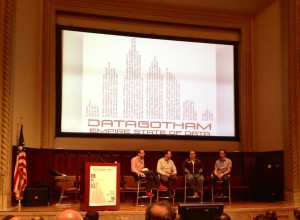Brayden King at Northwestern asked me to pass this on.
The Kellogg School of Management at Northwestern University seeks a post-doctoral researcher interested in at least one of the following areas of scholarship: social movements, collective behavior, networks, and organizational theory. We particularly encourage scholars to apply who have advanced quantitative training, programming skills, and familiarity with “big data” methods. The ideal candidate will have a PhD in sociology, communications, political science, or information sciences.
The post-doctoral position will allow the scholar to advance his or her own research agenda while also working on collaborative projects related to social media and activism. The post-doctoral position will be managed by Brayden King and will be affiliated with the Management and Organizations department and NICO (Northwestern Institute on Complex Systems). The term of this position is negotiable.
To apply, please e-mail curriculum vitae along with a brief statement of how your research interests are related to this position to Juliana Steers (j-steers@kellogg.northwestern.edu) with “MORS Post-Doctoral Position” as the subject. Arrange to have two letters of recommendation e-mailed to the same address. Salary and research budget are competitive and includes full medical insurance. Applications are due March 2, 2014.
Northwestern University is an Equal Opportunity, Affirmative Action Employer of all protected classes including veterans and individuals with disabilities.


